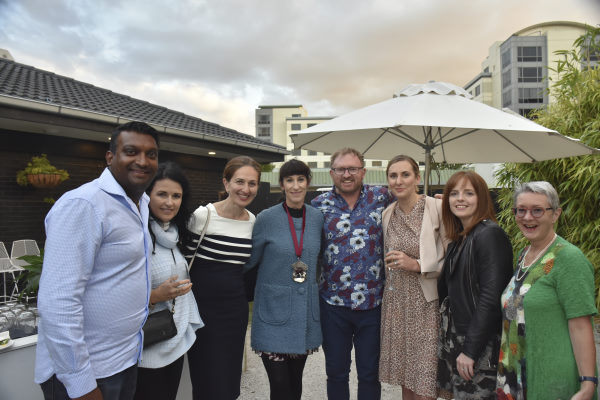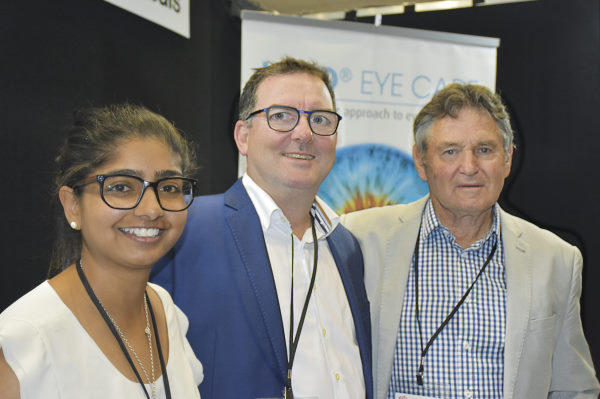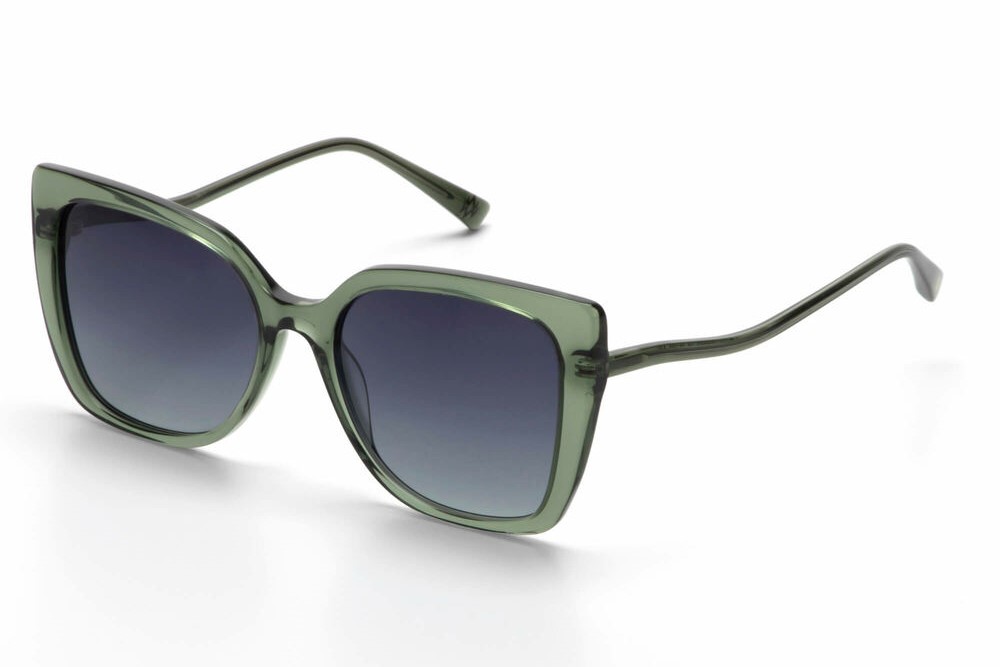NaturalVue launches downunder
After being available for more than two years in the States, Visioneering Technologies Inc (VTI) has launched its NaturalVue multifocal contact lenses in New Zealand and Australia.
The lenses are the first daily extended depth of focus (EDOF) contact lenses. They are being promoted for both myopia control and presbyopia, with VTI claiming the lenses address the frustrating issue of compromise inherent in today’s multifocal lenses, with many wearers who opt for better distant vision having to also don reading specs.
“Most soft, multifocal wearers compromise their vision one way or the other, distance, near or intermediate,” said Peg Achenbach, VTI’s vice president for professional services and clinical science at the Auckland launch in March. “Because this lens is an extended depth of focus, there’s no compromise at any point, as you have an extended range.”
The technology and the theory are similar to that employed by EDOF intraocular lenses, such as J&J’s Tecnis Symfony lens, she said, which works by creating a single elongated focal point to enhance your range of vision and depth of focus. This was demonstrated during the launch with personal pinhole cards and through employing the Troxler effect, showing if you fixate on one particular point, the surrounding area will fade away.
NaturalVue lenses’ patented design was born from frustration about the limitations of products on the market by VTI founder Dr Richard Griffin, an optometrist and aerospace engineer. The lenses’ ability to control myopia was discovered later in the development process given the lens’ rapid increase in plus power, said Achenbach, adding that this brings the focus in front of the retina which, theoretically, means there’s no stimulus for the eyeball to grow.
In a VTI study, the NaturalVue lens was shown to cause a 96% reduction (average of both eyes) in annualised myopic progression in children aged 6 to 19, with 98.4% of the children showing a decrease in the rate of worsening of their myopia. Other studies, by Cooper et al and Dr Thomas Atler presented at the Global Speciality Lens Symposium last year, showed a 95% and 97% decrease in refractive error, with up to 80% decreasing 70% or more.
Stressed throughout the launch, however, was how important it is to fit the lens correctly both for myopia progression control and optimum presbyopia function. “Because monovision patients have adapted to the significant overplussing of their non-dominant eye, it can be challenging to refit them into any multifocal, especially a unique, EDOF-design like NaturalVue Multifocal. Similarly, some patients wearing centre-near multifocals are often overplussed to varying degrees as well, and eye care practitioners may notice the same effect when these patients are refit into newer multifocals,” explained one of the VTI handouts shared, together with detailed fitting guides, with the audience.
NaturalVue lenses are being distributed by Corneal Lens Corporation in New Zealand.



























